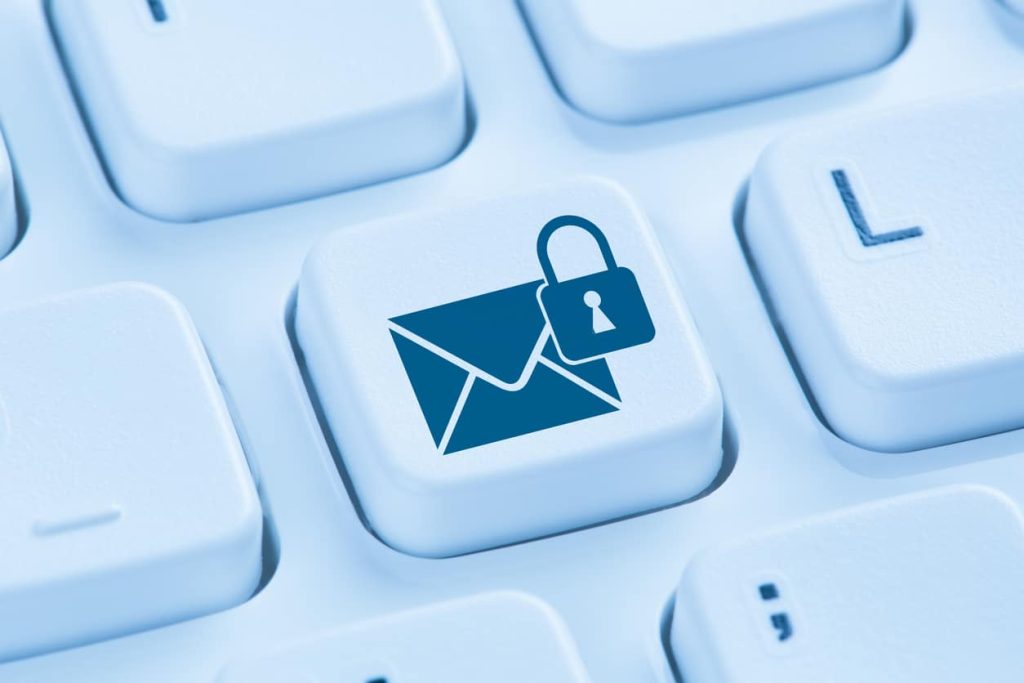Sending private data via email without first securing it with encryption software is commonly likened to mailing a postcard out with your bank details on it. Without a protective envelope, anyone who encounters your card can use your financial credentials as they see fit. In this analogy, a layer of encryption acts like an envelope, providing a secure wrapper that keeps email content private and away from unauthorised eyes.
While not every company has adopted encryption, cybersecurity experts advise it as an important tool for firms seeking optimum data security for email. In the next sections, we’ll explore some unwanted scenarios that can be avoided when you opt for encryption.
How does encryption work?
Encryption software can be applied to emails and electronic data files and effectively makes them entirely indecipherable to anyone without authority. The characters in emails and documents appear to be random characters that form no coherent sentences. However, those who are in possession of the associated decryption keys (private or public) will be able to view, edit, delete or download the content depending on their set permissions.
Is your company prepared for attacks and human errors?
Malicious operators who intercept an email, or who invade an enterprise’s intranet and hack into their email accounts, can easily access company data if it is not encrypted. Private and personal data can be filtered for value and sensitive material exfiltrated. As a result, company content may be used in scams and schemes, held for ransom, or disclosed to the public.
However, a human accident can be equally disastrous. An incorrect keystroke can see emails sent in error to the incorrect recipient. If the information with the emails is sensitive and unencrypted private information is exposed, this is classified as a data breach.
Cost of a data breach
When unencrypted information is exposed, the event is regarded as a data breach by the UK’s regulator, the Information Commissioner’s Office (ICO). Companies must make a full report to the regulator and inform all data subjects whose private information is associated with the incident.
Data leaks are exceptionally expensive. Systems must often be shut down while investigations are carried out leading to disruption and company downtime. Expert forensic examinations of incidents are costly as are remediation measures which often involve mitigating future breaches.
If the ICO finds that a firm has taken insufficient efforts to secure data, it has the power to fine the offending firm for its lack of foresight. These fines can sometimes involve millions of pounds. It is also now common practice for firms who have been negligent to also pay for credit protection services for data subjects put at risk. In the long-term, data breaches can cause further harm to an enterprise’s image.
Cutting-edge encryption from Galaxkey
Based on the onion model, our state-of-the-art encryption offers premium protection that is simple to deploy. User friendly, it allows users to encrypt email body copy along with any documents attached. It can also be applied to data files of any size.
For a free 14-day trial, contact our team today.



